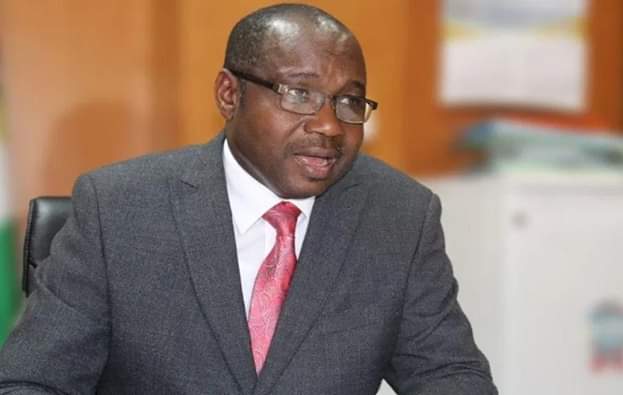
Usman Mohammed, managing director of the Transmission Company of Nigeria (TCN), says consumers should be prepared to pay more for electricity to ensure regular power supply.
Mohammed (pictured) was speaking during the groundbreaking for the replacement of old wires on the Ikeja West-Alimosho-Ogba-Alausa-Ota transmission lines in Lagos on Friday.
“I want to tell the Nigerian public that we cannot move forward if we do not pay more for electricity,” NAN quoted him to have said.
“There is no relationship between poverty and payment for electricity.
“For the poor, give them electricity and a means of measurement and manage their cost.
“But if we don’t initiate a cost-reflective tariff system and the situation continue like this, public funds would continue to sink in the sector in futility.”
The TCN boss also urged the government to stop subsidizing the power sector in order to move the sector forward.
“We have to be prepared to remove the government in the middle, this issue of government guaranteeing everybody won’t work.
“The fact is that contracts are not effective and the government cannot continue guaranteeing the generation companies (GenCos) where it already sank over N1.5 trillion.
“The expenses can only be stopped when contracts become effective through cost-reflective tariffs.
“We have to stop this government intervention and we can only stop it when contracts become effective. Contracts can only be effective when you have cost-reflective tariffs.”
Mohammed said Nigeria has the cheapest electricity in West Africa; “we can’t say we are the poorest”.
“Even Burkina Faso is having collection efficiency of 98%, despite their location within the sub-region, we, therefore, have to solve the problem of market issues.”
Mohammed said the issue of load rejection by DisCos could also be resolved once bilateral contracts were effective.
Speaking on the cable replacement project, the TCN boss said the power transmission lines were built many years ago with limitations on the quantity of electricity they were carrying, making the upgrade inevitable.
Mohammed said the timeframe for the reconstruction of the line was six months, adding that re-conducting was also taking place at other locations such as the line from Alagbon transmission to Ikorodu down to Maryland, among others.












